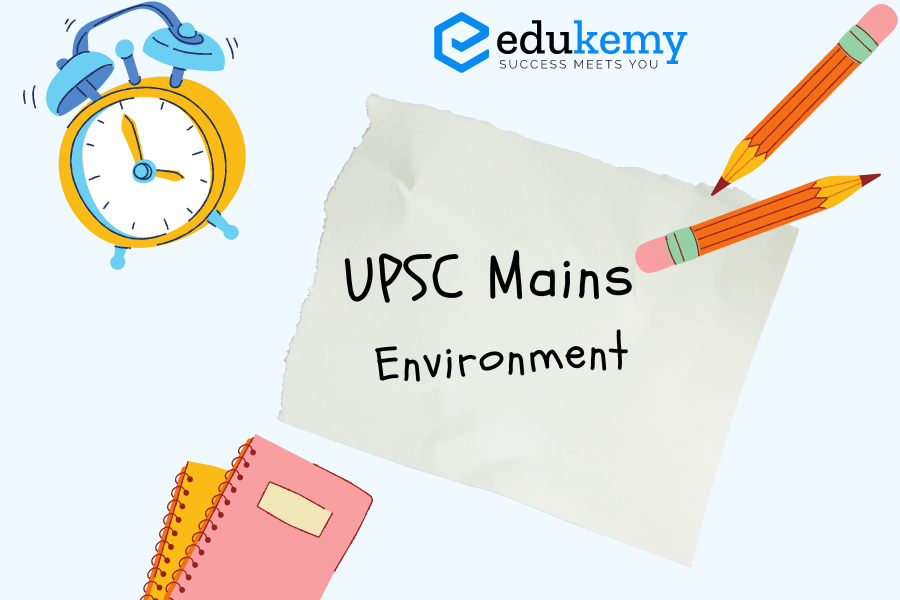
Contents
Introduction:
Decomposers serve as environmental custodians in ecosystems, playing a vital role in breaking down deceased flora and fauna. Their contribution lies in reintroducing diverse elements into moisture, soil, and air for reuse by producers like crop plants.
Body:
Importance of Decomposers in Ecosystems:
- Soil Health: Earthworms, bacteria, and fungi, integral decomposers, improve soil health by decomposing organic matter, enhancing soil structure, aeration, and water retention, fostering plant growth and overall ecosystem well-being.
- Carbon Sequestration: Specific decomposers, such as fungi, store carbon in stable organic compounds, aiding in climate change mitigation by reducing atmospheric carbon dioxide levels. For instance, mycorrhizal fungi form symbiotic relationships with plants.
- Nutrient Recycling: Decomposers recycle essential nutrients like carbon, nitrogen, and phosphorus from deceased organic matter, ensuring their availability for plant growth and preventing nutrient entrapment in dead material.
- Disease Control: Decomposers contribute to disease control by breaking down diseased organisms, and diminishing disease-causing agents in the environment. Notable examples include carrion beetles and vultures, and scavengers feeding on deceased animals.
- Energy Flow: Crucial for energy flow in the food web, decomposers convert complex molecules into simpler ones, releasing energy for their own growth and supporting other organisms like scavengers and predators. For instance, saprophytic fungi decompose fallen leaves in forest ecosystems.
- Biodiversity Support: Decomposers foster ecosystem diversity by creating varied microhabitats within soil and detritus, providing niches for microorganisms, invertebrates, and small vertebrates. Notable examples include springtails and mites inhabiting leaf litter and soil.
Conclusion:
Decomposers silently operate as essential heroes, ensuring ecological harmony. Recognizing and valuing their importance goes beyond ecological understanding, prompting a call to action for their preservation and protection.
In case you still have your doubts, contact us on 9811333901.
For UPSC Prelims Resources, Click here
For Daily Updates and Study Material:
Join our Telegram Channel – Edukemy for IAS
- 1. Learn through Videos – here
- 2. Be Exam Ready by Practicing Daily MCQs – here
- 3. Daily Newsletter – Get all your Current Affairs Covered – here
- 4. Mains Answer Writing Practice – here

